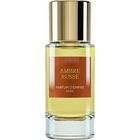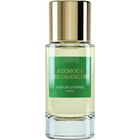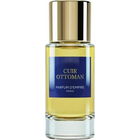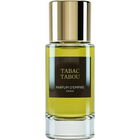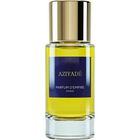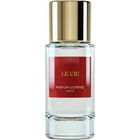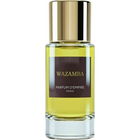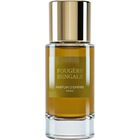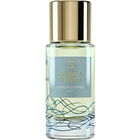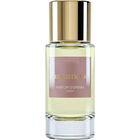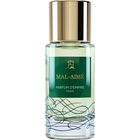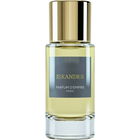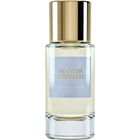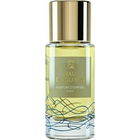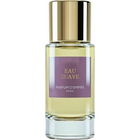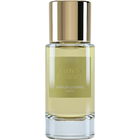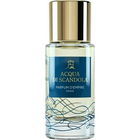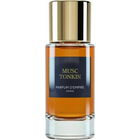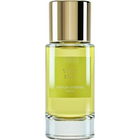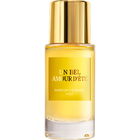My dear Joséphine,
I am writing to you from this island that is not mine, in a foreign ocean, so far away from everything that is dear and precious to me. The imperial court is at my service here as well, but it cannot disguise the fact that this is a prison, not a dungeon of stone, but surrounded by walls of water.
So I write down my memories, so that posterity may form an image of my actions. I keep returning to two points in my life. The youth in Corsica, the scents of the seasons, the dry hay of autumn, the spicy flowers and the peaches, the moss between my hands. Here there is only ever-present green or the barren slopes of the volcanoes, no change and thus no new beginning. The other point is you, the only one I have ever loved.
So I ask you, send me your sous-vêtements, so that I can at least smell you once more, as if they were still warm from your body, the sweet powder still in the fine fabric, for the women here are young and healthy, but they lack class.
Adieu, mon amie, take care.
BP*
--------------------------
Immortelle Corse places the immortelle at the center in all its facets: there are delicate floral notes, straw-dry, and a bitter spice. A note that is rightly feared also resonates here. However, it never comes across as intrusive or monothematic, for the immortelle is too balanced and is supported by a few other notes.
First, there is saffron and lemon, which add a fresh-spicy touch to the immortelle. A little later, the apricot comes in. This is fruity, but not particularly sweet. I do not think of a juicy apricot straight from the tree. With the spicy notes of the immortelle, it resembles more of a chutney, although I also think slightly of resins. Slowly, the oak moss becomes more pronounced, dry and fresh. At times, I catch a hint of ginger in my nose.
Towards the base, the fragrance becomes a bit sweeter and powdery. This might be due to the oak moss, but I would rather lean towards something musky (pyramid or not). However, I only notice this powderiness when I concentrate on the scent and also more closely; when worn normally and from a distance, it is hardly perceptible. Thus, it is an exceptionally pleasant spring and early summer fragrance, which, contrary to Eau de Glorie, does not transport me to Corsica, but is simply a good perfume.
Thanks to Spatzl for the sample!
--------------------------
*For historical context:
Napoleon Bonaparte was born in Corsica, made a career in the military, became the First Consul of France, and later also Emperor of the French. He married Joséphine Marie Rose de Beauharnais (possibly even out of love), later divorced her, and died in exile on St. Helena in the South Atlantic. It is also confirmed that he continued to write to Joséphine after the divorce and signed with BP for Bonaparte. However, the letters were probably more about the amount of alimony. At least the tone must have been somewhat frostier; Napoleon's last letter to Joséphine ends with the words: "Farewell, my friend; write to me that you are well. They say you are getting fat, like a plump Norman tenant farmer's wife."
It is also doubtful that Napoleon smelled of immortelle, bitter or otherwise masculine in the modern sense. His cologne was at least described in educational television by ARD (Sendung mit der Maus) as fresh, sweet, and very floral.






 Top Notes
Top Notes  Apricot
Apricot Saffron
Saffron Lemon
Lemon Heart Notes
Heart Notes  Corsican immortelle
Corsican immortelle Base Notes
Base Notes  Oakmoss
Oakmoss

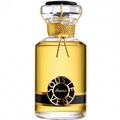











 DrB1414
DrB1414 Erswan
Erswan Aarseth
Aarseth Ragnarxxx
Ragnarxxx Val619kt
Val619kt Pastfutures
Pastfutures DressUpWitch
DressUpWitch Holscentbar
Holscentbar BoBoChamp
BoBoChamp Marieposa
Marieposa